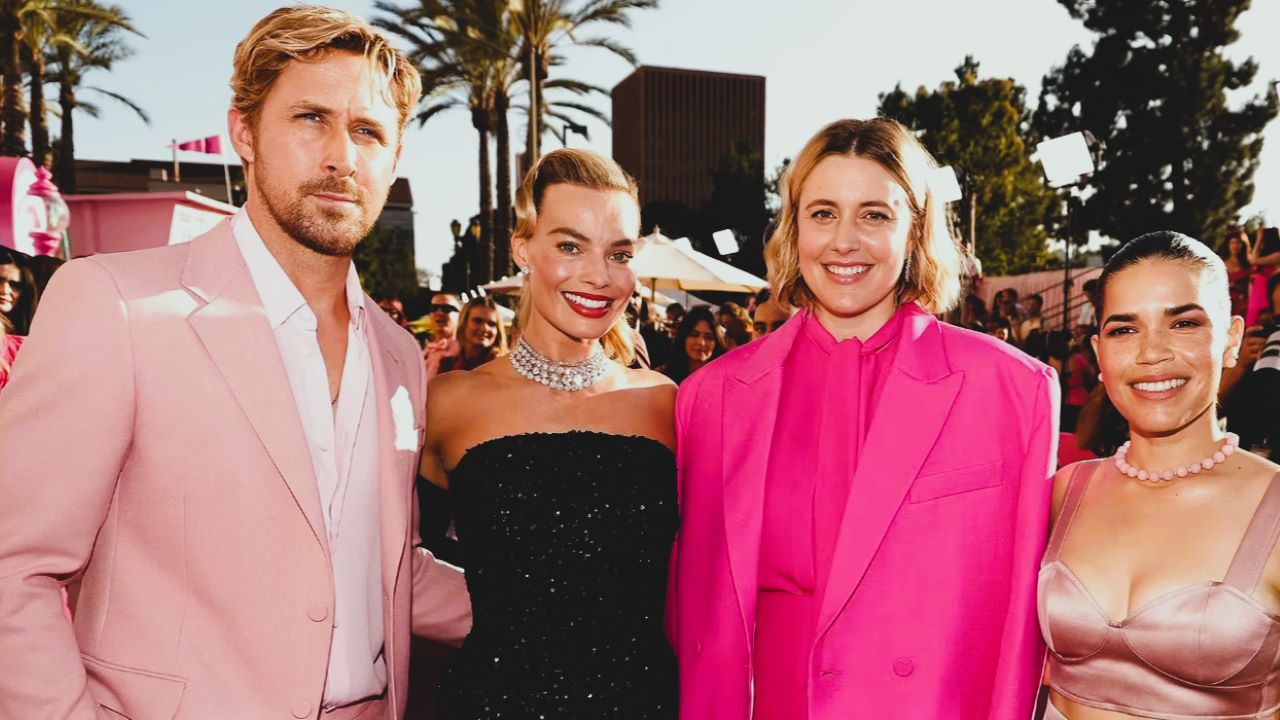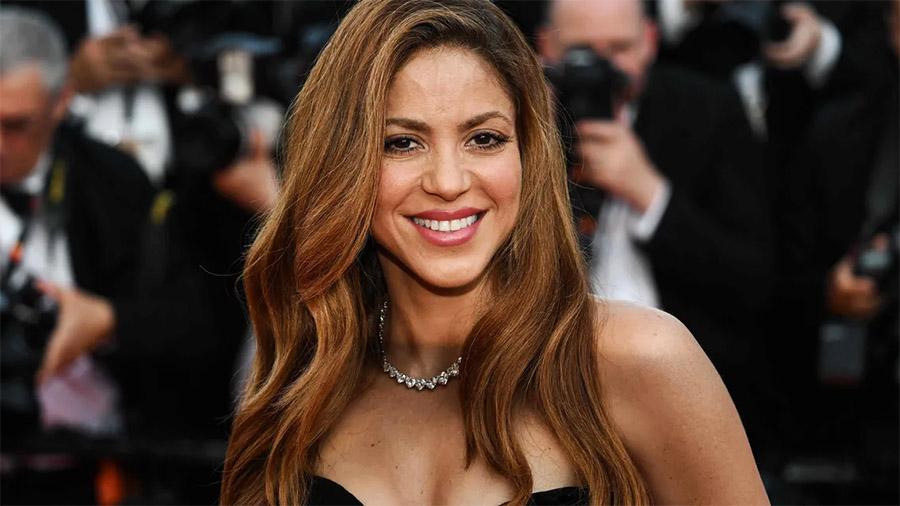In an industry where accolades are often seen as validations of success, the recent Oscar snubs for Greta Gerwig and Margot Robbie’s “Barbie” have sparked a wave of discussions, revealing deeper issues within the Hollywood awards circuit. As the 37th Annual American Cinematheque Awards unfolded, esteemed actress Helen Mirren weighed in on the controversy, offering her perspective on why Gerwig and Robbie should remain undeterred by the oversight.
“Barbie,” a film that not only shattered box office records but also challenged societal norms, found itself at the center of an Oscars controversy when both Gerwig, the director, and Robbie, the star, were overlooked in their respective categories. This snub comes despite the film’s critical and commercial success, highlighting the ongoing struggles women face in the film industry for recognition.
The Oscars have long been criticized for their lack of diversity and inclusion, with this year’s nominations further fueling the debate. Social media erupted as fans and critics alike voiced their frustrations over the Academy’s decision-making process, particularly highlighting the irony in Ryan Gosling‘s nomination for Best Supporting Actor as Ken, while the female powerhouses behind the film were ignored.
Jimmy Kimmel, host of “Jimmy Kimmel Live,” encapsulated the sentiments of many when he humorously noted that the snub was “ironically kind of the plot” of “Barbie” itself. The film, celebrated for its feminist themes and subversion of traditional gender roles, ironically mirrored the real-life challenges women continue to face in seeking recognition and equality in the film industry.
Critics have pointed out the disparity in recognition, especially in the Best Directing category, where women remain significantly underrepresented. Despite the fact that three of this year’s Best Picture nominees were helmed by women, the Best Directing category remained predominantly male. This pattern is not new but continues to disappoint fans and industry insiders who are calling for a more inclusive and equitable recognition system.
The backlash to the backlash has also been noteworthy, with some arguing that the focus on Gerwig and Robbie’s snubs overshadows the achievements of those who were nominated, including the film’s eight nominations across other categories. However, this argument fails to address the systemic issues at play, underscoring the need for a broader conversation about equity, recognition, and the criteria for awarding excellence in filmmaking.
In conclusion, while “Barbie’s” Oscar snubs have undoubtedly disappointed many, they have also ignited a necessary dialogue about the film industry’s ongoing challenges with diversity and inclusion. As Helen Mirren suggests, Gerwig and Robbie’s work on “Barbie” transcends the need for Oscar validation, having already made a significant impact on audiences worldwide. The conversation sparked by their Oscar snubs, therefore, should not just be about “Barbie” but about the broader systemic changes needed to ensure that all voices and visions are recognized and celebrated in Hollywood.




